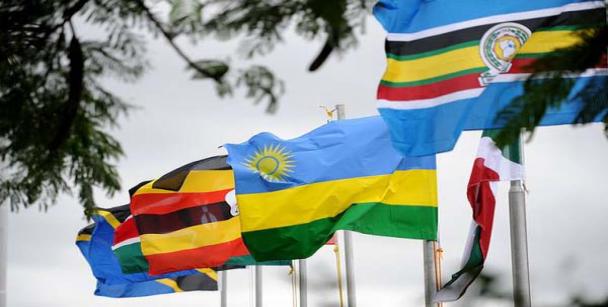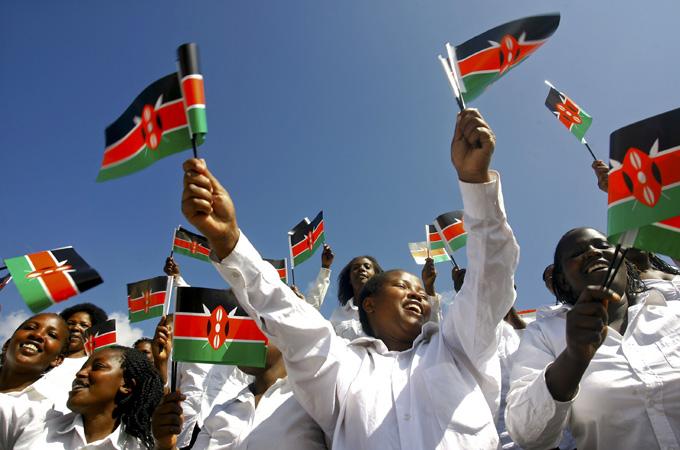Uganda will in June chair the world’s most powerful body for a month. The rotational arrangement is an important window for countries that hold the seat to project their issues on the entire council including its permanent members like the United States, Russia, China, Britain and Japan which have veto powers.The country will also host a visit of a delegation of the council next month, Daily Monitor has learnt. The visit, revealed by Uganda’s permanent representative at the United Nations, Dr Ruhakana Rugunda, will take place on the 16th and 17th of May. In an exclusive interview Rugunda who returned to New York yesterday said members of the council who will include Dr Susan Rice, the US Ambassador to the UN, will also visit Kinshasa and Kigali.
“They are visiting this region, which because of its problems dominates discussion at the Security Council” he said. Uganda is also the leader of the Africa Group at the Security Council, a position it has held since January 2009 for a two year period. Rugunda said while leader of the council Uganda will pursue regional cooperation as the main approach in dealing with “negative forces” in the region. “The joint effort by Rwanda and Congo to deal with genocidiares inside Congo and that of Uganda and Congo with regard to the Lord’s Resistance Army are a significant political and military development” he said adding that Uganda would “vigorously” promote this approach as a “primary” route in the resolution of conflicts especially in the Great Lakes Region. The joint military action though bilateral agreements that Rwanda and Uganda struck with Congo agreed to at the close of last year were roundly hailed a new dawn of relations between the three countries. Between them the three are complicit in the worst known humanitarian tragedies of recent times. They include the Rwanda genocide of 1994, the conflict in Congo which has reportedly claimed up to 4 million lives and counting, as well as the Northern Uganda war which lasted for over 2 decades. The belligerent relationship between these countries especially the support of proxy militant groups have been blamed by aid agencies for the huge loss of life and human suffering.
“The Security Council is happy, it has stated in various resolutions and statements about this era of cooperation” Rugunda said. The visit by Dr. Rice to Uganda will especially be symbolic. It will be the first visit by a high ranking official involved with the new Democratic Party administration of Barrack Obama. Rice was serving as a senior official at the US National Security Council in the 90’s when the Rwanda genocide happened and at the eve of the Ugandan and Rwanda invasion of Congo after the fall of Mobutu Se Seseko. During the 8 year tenure of Republican President George Bush Washington supported an aggressive push against such rebels as the LRA however the Obama administration has signaled a departure from strong arm methods of work. On Sunday Rugunda said regional conflicts were on the wane and cooperation on the rise. He said Uganda would while on the Security Council also support the Comprehensive Peace Agreement of Southern Sudan which ended an almost 30 year conflict there.
“We believe solving these conflicts must firstly be the responsibility of the region which are countries with special knowledge and interest. They can this relying on regional institutions like the African Union with the help of the international community” he added. Uganda, which contributes the bulk of troops to the African Union peace keeping force in Somalia, will be advocating for its change into a United Nations force. He said Uganda believes such a force will catalyse the ability of the Somali people to normalize their conflict stricken country. “We support AMISOM as a UN force and as a transitional vehicle to support the Somali people to expedite a government of their own which can govern effectively” he said.
submitted to Daily Monitor









